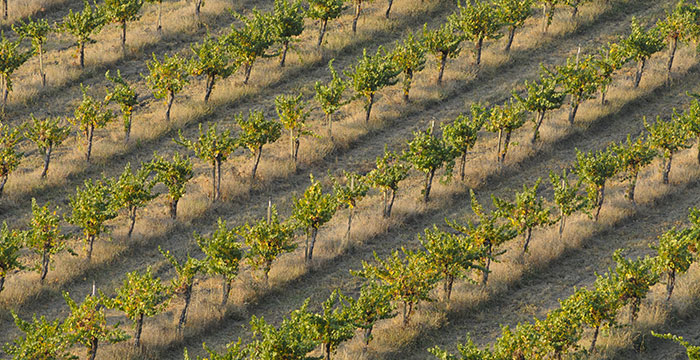Most of us assume wine is vegan, but it turns out that there are animal agents and parts in the making of every bottle.
Wine uses fining agents which is added to every barrel or tank to help clarify and stabilize the wine. It’s been that way since ancient times where these fining agents drift through the liquid, pick up solid matter and then sink to the bottom of the container when they have finished their job.
Common fining agents include fish bladder protein, crushed shells from crustacean, egg whites, animal gelatin and milk protein are often used.
Once the fining agent settles at the bottom, the clarified wine is siphoned off the top, leaving behind the residue, which is discarded. Although no trace of these products is found in the bottled wine, some consumers may object to their use. Frey Wineyards near California, one of the world’s few vegan wineries, use only bentonite, a natural earth clay, as the fining agent for its white wines, red wines by Frey are not fined.
Founded in 1980, Frey is the oldest certified organic winery in the US. The team there specialize in making additive-free, gluten-free and organic wines.
And Eliza Frey, assistant winemaker at Frey Vineyards, has been making vegan wine way before the lifestyle was fashionable, reported a story from the Independent newspaper in the U.K.
She has worked at the Frey Vineyards in Mendocino County, California around 100 miles from San Francisco, for a decade. pinor noir, sangiovese, merlot and pinot grigio are all made by the vineyard.
“There has been an increase in interest in vegan wine, in line with the rising popularity of plant based diets in general,” Frey says. “In the past most people assumed wine was vegan.”
“We have always worked with vegan wine. We practise low impact winemaking, so we never use sulphites, animal based fining agents, colours, stabilisers, enzymes or extracts. We rely on the quality of fruit to make wines of high quality and character,” she adds.
Frey said vegan wine tastes the same as the wine wine lovers expect.
Vegan wine taste similar to other wines,” says Frey. In fact, animal products don’t seem integral to the winemaking process at all, she argues. “Factors like varietal, growing region, the ripeness of the fruit at harvest, choice of yeast, contact with grape skins during fermentation and exposure to oxygen and oak have more of an effect on what a wine will taste like than whether or not it is vegan.”
“Wine is inherently vegan until an animal based processing aid is chosen by the winemaker,” adds Frey. “At Frey vineyards we test each batch of wine to see if fining is necessary to ensure that the wine will be stable on the shelf for consumers. We do not fine our red wines, but our white wines often require fining. For batches that need to be fined we use bentonite clay.”
But don’t be fooled into thinking that vegan wine is any more virtuous than regular plonk.
“Vegan wines are not necessarily healthier than others,” she warns. “Factors such as growing methods in the vineyard and preservatives in the wine are the biggest factors in determining the healthiness of a wine.”
Those intrigued by pairing vegan food and vegan wine should try richer and more robust wines like cabernet sauvignon, syrah and merlot pair best with heavier, heartier foods like roasted mushrooms in olive oil and lemon, root vegetable pureé, or a hearty primavera sauce with olives and rosemary, according to Frey.




